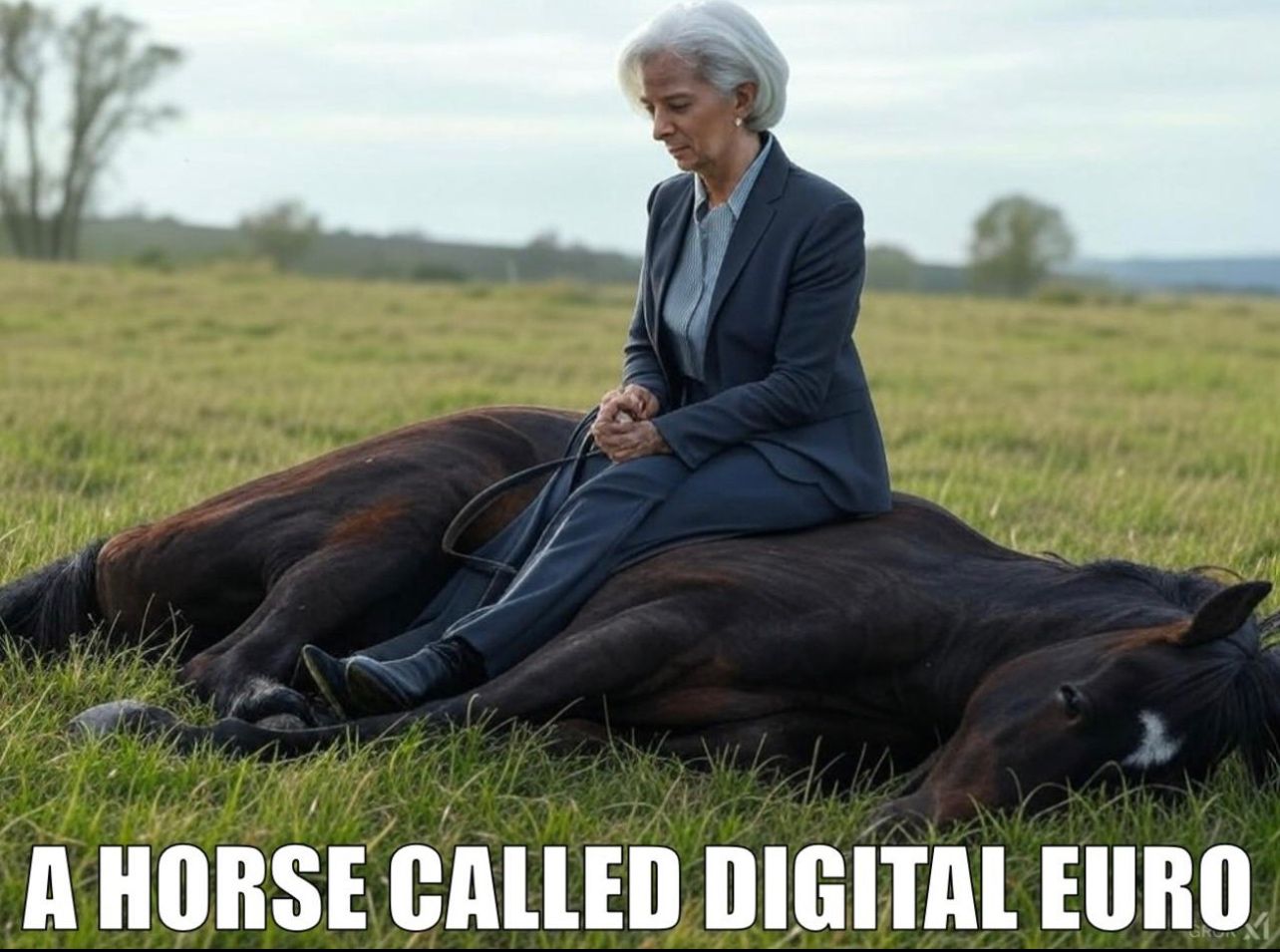
After many years we have had many discussions of many countries and many banks talking about launching many central bank digital currencies (CBDCs). Today, only three countries have a live CBDC: the Bahamas, Jamaica and Nigeria. Doesn’t that feel a bit strange?
Well, most governments are experimenting with CBDCs and SWIFT, to retain their control of messaging, have a CBDC platform but there is a question here. By way of example, a recent headline about why CBDCs are good from The Gulf News opens with this statement:
Unlike decentralized cryptocurrencies such as Bitcoin and Ether, CBDCs are stable, secure, and regulated alternatives, backed by central banks, offering advantages in stability, security, and practical use.
From my perspective, this sounds like a little bit of propaganda.
First, many CBDCs use Ethereum smart contracts as part of their base. Second, are CBDCs really more stable and secure? Many would say they are purely put in play to track and trace what citizens are doing, make it easier to tax them and help governments control the populous. If you have currencies regulated by the people for the people, then that may be better.
OK yes, we have had this argument for almost fifteen years – ever since bitcoin launched in 2009 – but the argument that CBDCs are better than cryptocurrencies is a tough one, as cryptocurrencies work globally in real-time and needs no national, domestic government control. In that way they are far better. On the other hand, cryptocurrencies often fail or are subject to hacking and losses.
What this says to me is that, if you invest and use cryptocurrency, it is your risk and responsibility; if you use CBDCs then it is the government that is responsible. Therefore, you have a choice: you manage your own risk or you delegate your risks. It’s your choice.
For most things, I want to be in control so I will manage my own risk. When it comes to driving, drinking, eating, thinking, organising, doing and all the other things you can think of, I want to do those, control those and manage those. But, when it comes to money, I want it to be legitimate and backed by a license to ensure and insure that the money will not be lost.
Of course, I can manage that risk myself if I kept all of the money in a physical form in my bedroom.
Thing is that this just does not make sense anymore, particularly when we come to digital currencies, whether government backed CBDCs or network backed crypto.
The core is all about who do you trust more? Do you trust the government more or the democratic network of the people (including all of its villains and criminals)?
Meantime, why are most CBDCs stuck in stalemate? Mainly because of concerns about privacy, the disruption such currencies bring to the banking system, the complex regulatory requirements, cybersecurity risks and the need for careful design to ensure user adoption and avoid unintended consequences. This leads to many central banks prioritising thorough research and development before implementation …
… and most central banks don’t have the resources or funds to do this …
… unless you are in the Bahamas, Jamaica or Nigeria …
… but this might change. According to the Atlantic Council tracker:
134 countries & currency unions, representing 98% of global GDP, are exploring a CBDC. In May 2020 that number was only 35. Currently, 66 countries are in the advanced phase of exploration—development, pilot, or launch.
Every G20 country is exploring a CBDC, with 19 of them in the advanced stages of CBDC exploration. Of those, 13 countries are already in the pilot stage. This includes Brazil, Japan, India, Australia, Russia, and Turkey.
Three countries have fully launched a CBDC—the Bahamas, Jamaica and Nigeria. In Nigeria and the Bahamas, CBDC issuance has increased substantially. All three countries are focused on expanding the reach of their retail CBDCs domestically.
There is a new high of 44 ongoing CBDC pilots, including the digital euro. European countries—both in the euro area and beyond—are increasingly testing wholesale CBDCs, both domestically and across borders.
All original BRICS member states—Brazil, Russia, India, China, and South Africa—are piloting a CBDC. Since last year, BRICS has actively promoted developing an alternate payments system to the dollar.
In every country with an advanced retail CBDC project, CBDCs are intermediated, meaning they are distributed through banks, financial institutions, and payments service providers.
So things are looking up?
.
Chris M Skinner
Chris Skinner is best known as an independent commentator on the financial markets through his blog, TheFinanser.com, as author of the bestselling book Digital Bank, and Chair of the European networking forum the Financial Services Club. He has been voted one of the most influential people in banking by The Financial Brand (as well as one of the best blogs), a FinTech Titan (Next Bank), one of the Fintech Leaders you need to follow (City AM, Deluxe and Jax Finance), as well as one of the Top 40 most influential people in financial technology by the Wall Street Journal's Financial News. To learn more click here...


